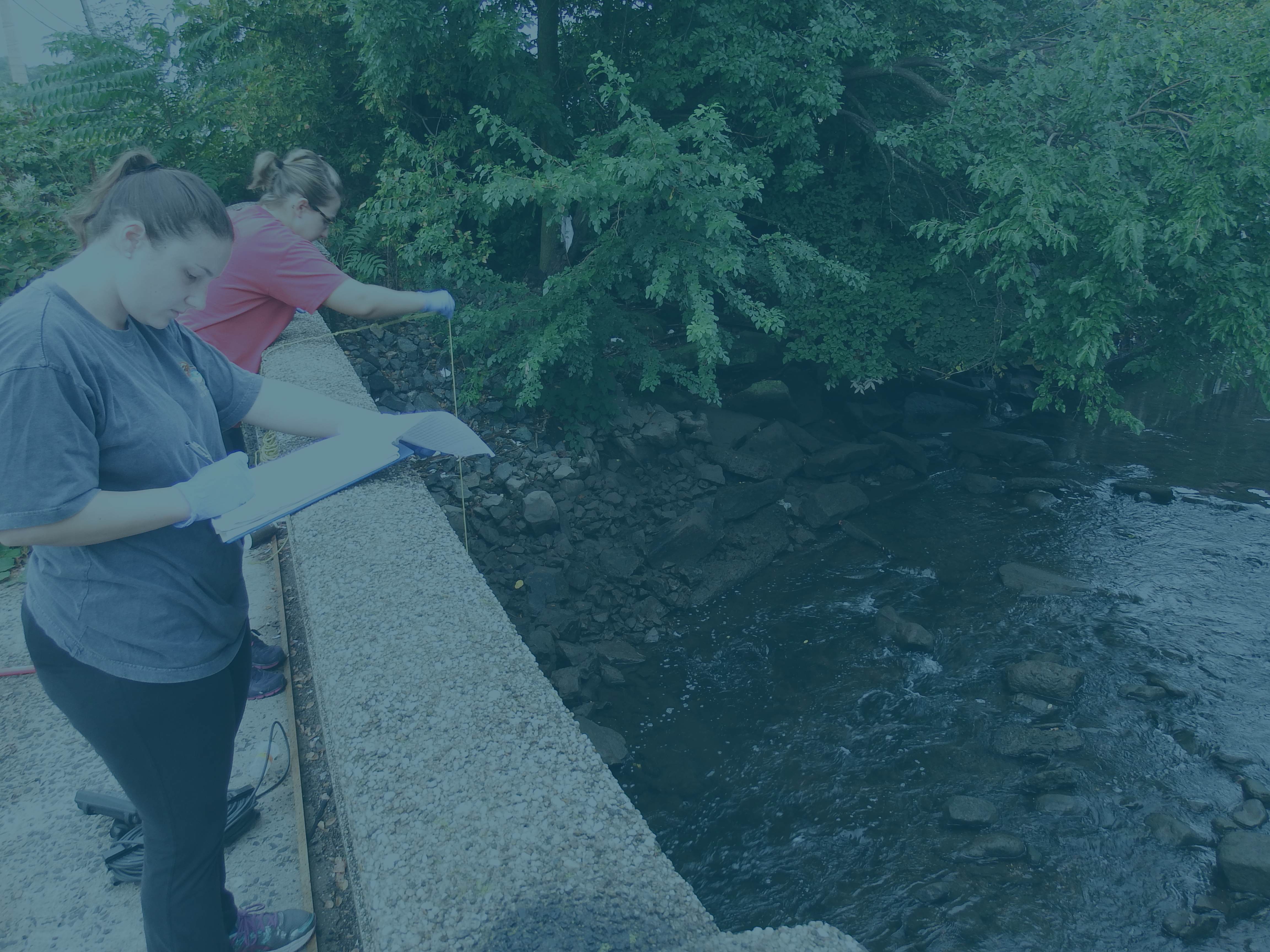
2017 Long Island Sound Season Highlights
Designated as an estuary of national significance by Congress in 1987, Long Island Sound is home to a diverse network of flora and fauna, and over 4 million people. It is an estuary of recreational, commercial, and socioeconomic value. The Sound is bordered by the states of Connecticut and New York and has a watershed area extending through Maine and Quebec that encompasses over 16,000 square miles and 9 million people. Over time, the Sound has been subject to the effects of increased nutrient loading as a result of urbanization and changes in land use (Latimer et al., 2014). Seasonal weather patterns, particularly during the summer months, exacerbate the effects of nutrient loading, causing hypoxic conditions in the Sound; most prominently in the Western Basin. This, in turn, negatively impacts the water quality of the Sound, the ecosystem services and resources it provides, and the habitat that is home to many species.
In response to the critical need to document summer hypoxic conditions in Long Island Sound and its embayments, as defined in the Long Island Sound Study’s Comprehensive Conservation and Management Plan, the Connecticut Department of Energy and Environmental Protection (CT DEEP) and the Interstate Environmental Commission (IEC), have monitored dissolved oxygen, as well as key water quality parameters relevant to hypoxia, in Long Island Sound since 1991.
This report presents a summary of in situ and surface chl a data collected by CT DEEP and IEC during the 2017 hypoxia season. Based on the 25 years of hypoxia monitoring, the LIS hypoxia season extends from June to September. Data from the Long Island Sound Integrated Coastal Observing System (LISICOS) are presented with permission for informational purposes. Sampling and analyses were conducted under EPA-approved Quality Assurance Project Plans.
DOWNLOAD REPORT